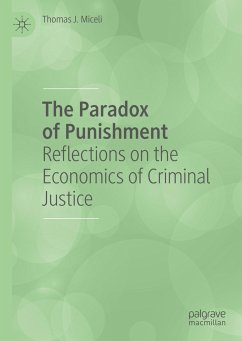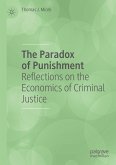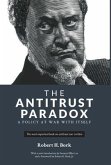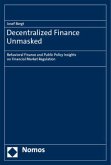This book explores the insights that can be gained by looking at the criminal justice system from an economic point of view. It provides an economic analysis of the institutional structure and function of the criminal justice system, how its policies are formulated, and how they affect behavior. Yet it goes beyond an examination of specific policies to address the broad question of how law influences behavior. For example, it examines how concepts such as the possibility of redemption affect the decisions of repeat offenders, and whether individual responsibility is (or should be) a pre-requisite for punishment. Finally, the book argues that, in addition to the threat of criminal sanctions, law inculcates principles of acceptable behavior among citizens by asserting that certain acts are "against the law." This "expressive function" of law can influence behavior to the extent that at least some people in society are receptive to such a message. For these people, the moral contentof law has more than mere symbolic value, and consequently, it can expand the scope of traditional law enforcement while lowering its cost. Another goal of the book is therefore to use economic theory to assess this dualistic function of law by specifically recognizing how its policies can both internalize an ethic of obedience to the law among some people irrespective of its consequences, while simultaneously threatening to punish those who only respond to external incentives.
Bitte wählen Sie Ihr Anliegen aus.
Rechnungen
Retourenschein anfordern
Bestellstatus
Storno








